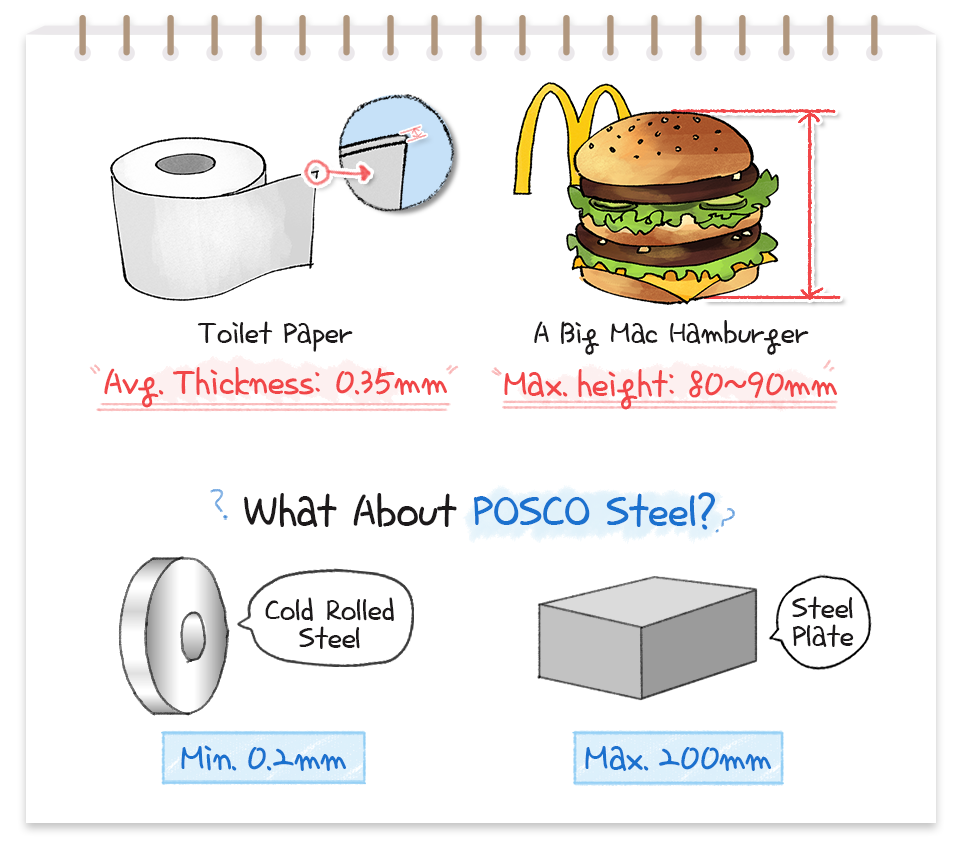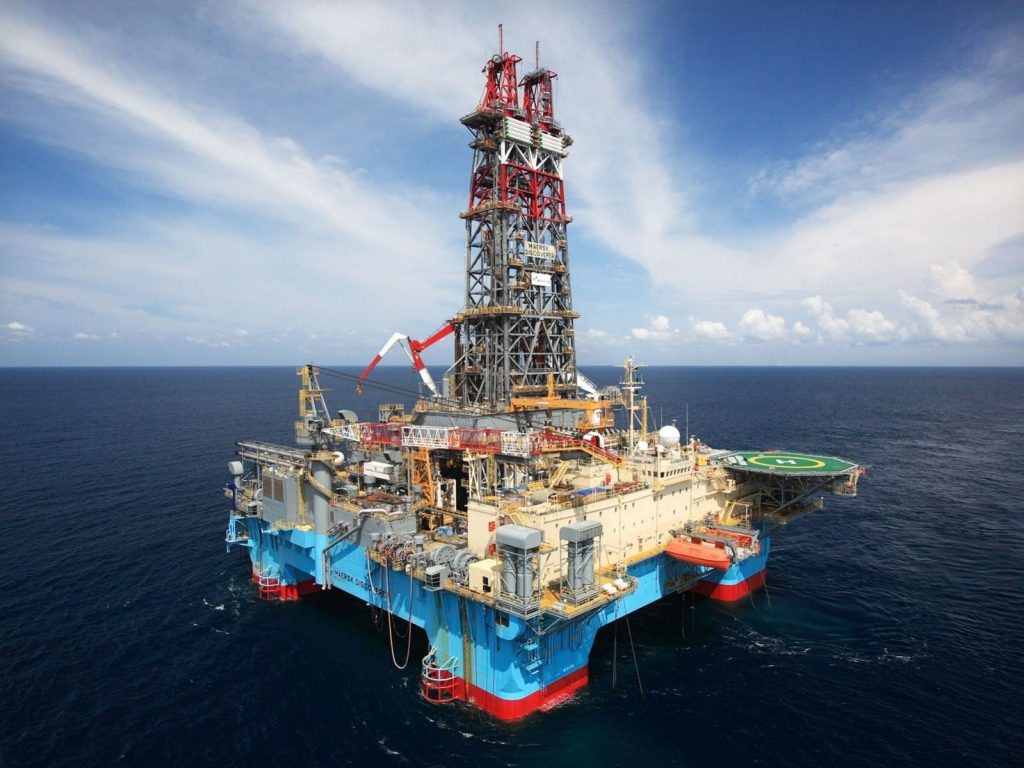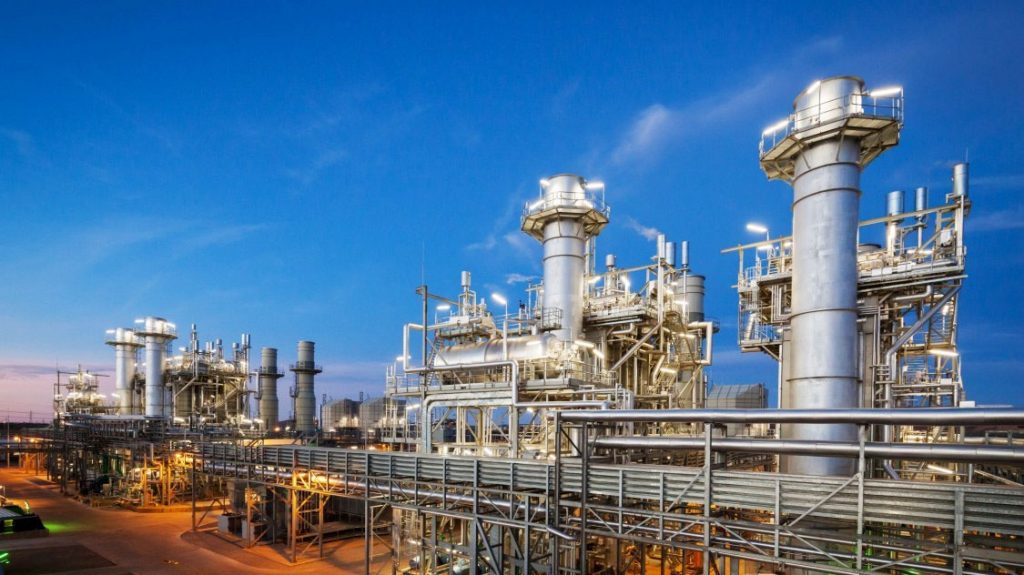STEEL Talk presents to you interesting stories of Science, Technology, Energy, Environment, Life — and of course STEEL!

Another interesting question today! This child wants to know what is the thinnest and thickest steel in the world. Let’s take a closer look at the thinnest and thickest steel POSCO can make and their uses.
Put simply, POSCO can make steel that is thinner than toilet paper, and also steel thicker than a Big Mac hamburger. Now, let’s look into the details.
Well, a three-layered toilet paper that you see in the restrooms is about 0.35mm thick. This could probably be the thinnest item you might see around you. And as you know, since this toilet paper is so thin, it tears easily. Surprisingly, there’s steel as thin as tissue, yet strong and stretchable.
This steel is 0.2mm thick — thinner than toilet paper — but it doesn’t break like plastic or glass, and is called Cold Rolled Steel. This Cold Rolled Steel is made by rolling cold steel into a flat and thin form and then reheating it. In the end, it becomes a premium material with a shiny surface. The steel that we easily see in car interior parts or the kitchen is this Cold Rolled Steel.

Now, let’s learn about the thickest steel! At POSCO, thick plates of steel are called Steel Plates. These Steel Plates are also easily seen around us, used in the construction of large ships, various buildings, and bridges over rivers and seas. Then how thick is the thickest POSCO Steel Plate?
The answer is 200mm. It’s about the same size as one hand span of an adult. These thick plates are used mainly in factories that produce energy — like oil, natural gas, and electricity — necessary in our daily lives. Some of these factories include offshore oil & gas platforms in distant seas and power plants that produce electricity on land.

▲ An offshore structure in the middle of the ocean (Image source: Maersk Drilling)
Since offshore structures are located in the middle of the ocean, it has to stand firm against the fierce waves. It would be a huge problem if something so big collapses. That’s why thick Steel Plates are used at the base of the structure.
What about the power plants that generate electricity? If you look at the picture below, you can see tower-like structures that resemble a chimney. The thick Steel Plates are used here, and they enable the structure to withstand high temperature and high-pressure steam.

▲ Steel Plates are necessary in power plants to withstand high temperature and high-pressure steam! (Image source: SIEMENS)
Let’s go into the details. A power plant burns coal to boil water in the boiler. When the water boils, it creates water vapor(steam). This water vapor(steam) is then applied to run a generator and produce electricity used in our everyday lives. So to generate electricity safely, thick Steel Plates are necessary.
Today, we’ve seen the thinnest and thickest steel. These steel are everywhere, from our sparkling kitchens to offshore structures in the middle of the ocean! Do you have any other questions? Please feel free to ask POSCO Newsroom. ʕ•ﻌ•ʔ
* This article was written with help from researcher Seung-Ho Yu of POSCO Technical Research Laboratories













